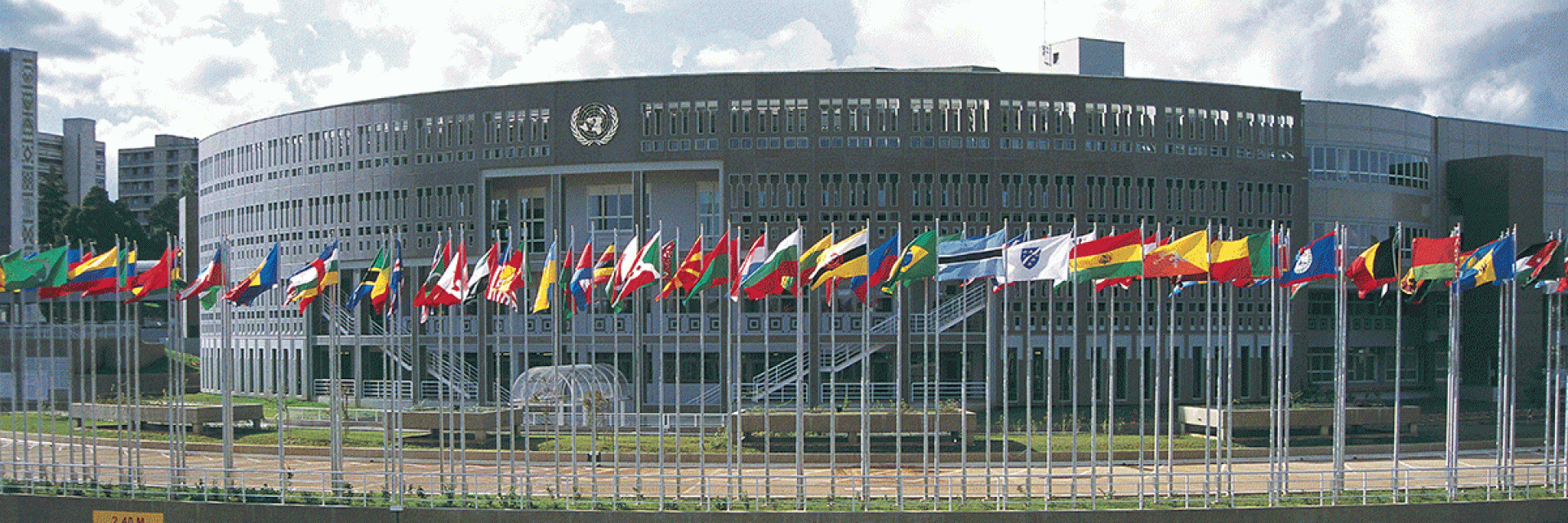Cairo, 25 November 2019 (ECA) - With the importance of regional infrastructure now evident and understood, regional projects – and how to finance them – quickly became the recurring focus during discussions at this year’s “PIDA week”.
Happening this week in Cairo, PIDA week discussions saw a clear focus on intra-regional infrastructure projects – a theme that has become topical and high priority owing to the consensus that financing of cross-border infrastructure projects is a key driver for Africa’s regional integration, and therefore its development.
Intra-regional projects can accelerate regional integration by transforming Africa into an interconnected and integrated continent. With ‘PIDA’ standing for the ‘Programme for Infrastructure Development in Africa’, PIDA week is an Africa-wide series of discussions, seeking to optimize the strategic framework for priority projects that can transform Africa through construction of modern infrastructure.
Ibrahim Assane Mayaki, Chief Executive Officer of the New Partnership for Africa's Development (NEPAD), thinks that a stronger public-private partnership could hasten the investment in these regional projects.
Speaking at the Continental Business Network (CBN) media breakfast, organized in the sidelines of PIDA week in Cairo, he said:
“More than 60 per cent of infrastructure projects in Africa are funded publicly…” Looking ahead, he explained that Africa is now at a point where the know-how that has been built-in through carrying out national projects in respective countries can now be leveraged to secure private financial support for regional projects.
The CBN aims to “crowd- in” financing and support for infrastructure projects by creating a platform for collaboration between the public and private sectors. Mayaki argued that that CBN is a platform that is well-positioned to look at challenges and obstacles to financing regional projects on the continent.
Similarly, the UN Economic Commission for Africa (ECA) has recently created a division dedicated to private sector development and finance, with a view to enable private and public entities to access high-quality technical advisory services. This is motivated by the consensus that regional public-private partnerships are the way to go in building Africa’s ‘backbone’ for industrialization.
ECA studies show that well-executed infrastructure development in Africa can catgorically raise GDP by 2 per cent, whilst meanwhile developing the backbone for rapid industrialization, thereby boosting the capacity for countries to go on to generate more domestic resources. In this sense, infrastructure development could have a “rachet effect”.
With this in mind, Robert Lisinge, Chief of Energy, Infrastructure and Services Section at the ECA called for the need to better understand the perceived risks related to transboundary infrastructure investments. Knowing the risks will allow stakeholders to understand how to mitigate them and tempt-in private sector partnership. He also told the press conference that the development of a common framework to harmonize the laws, policies and regulations would be pivotal in facilitating their efficient implementation.
Lisinge was also speaking at the CBN media breakfast side event, during which he also recalled the importance to harmonize policies, laws and regulations which pertain to infrastructure investment:
“When we are talking about regional projects, one of the challenges is to have a standardized environment for investment in infrastructure across countries”, he noted.
The Africa Union’s Agenda 2063 anticipates that “world-class integrative infrastructure” will propel Intra African trade to 50 per cent by 2045 per cent. In doing so, such infrastructure develop would also shift Africa’s share of global trade from 2 per cent to 12 per cent during the same timeframe.
With this in mind, the core PIDA week discussions – as well as the participants at the media breakfast – enthusiastically acknowledged that there are a number of examples of regional projects already in action across the continent: two hydropower projects in East and West Africa (Rusizi III and Sambangalou Dam) and the Nigeria-Algeria Gas Pipeline project that is at an advanced stage of financial close.

